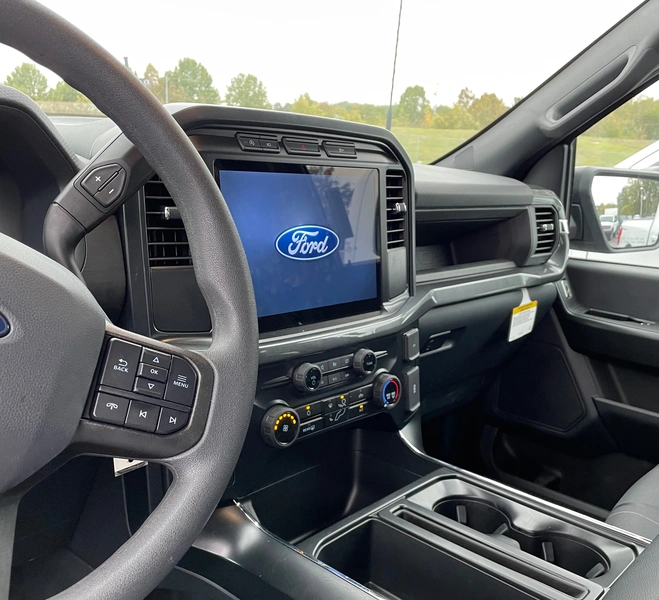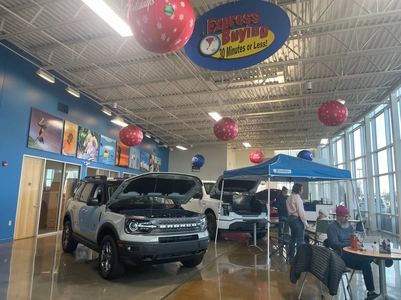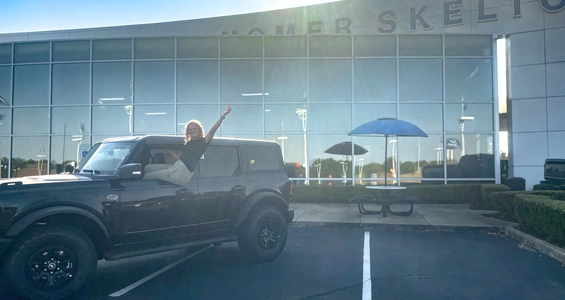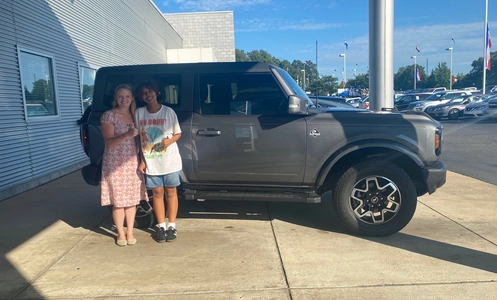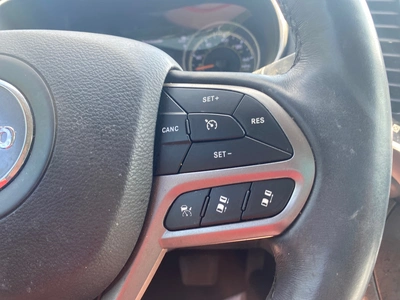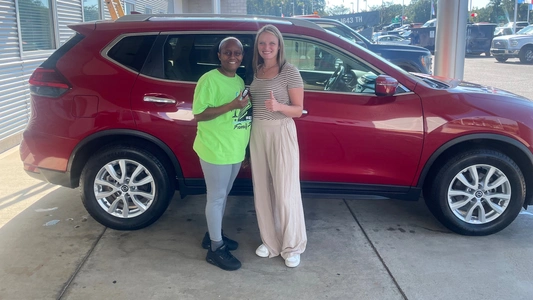Buying a new car is one of life’s most exciting purchases, but with so many options on the market, it can be challenging to find the perfect vehicle for your needs. A car isn’t just a way to get from A to B – it’s an investment that impacts your daily life, from commuting comfort to budget considerations. Here’s a guide to help you narrow down the options and choose the right vehicle for both your lifestyle and budget.
1. Define Your Primary Needs and Usage
Your vehicle should meet your everyday needs. Here are some questions to ask yourself:
- Commute Type: Will you primarily use it for daily commuting, weekend getaways, or hauling cargo?
- Passenger Capacity: How many people will regularly ride with you? If you’re a solo driver or have a family, this may guide you toward different sizes, from compact cars to SUVs or minivans.
- Lifestyle Needs: Are you an adventure enthusiast who enjoys off-roading, or do you need something family-friendly?
- Parking Space: Consider where you will park the vehicle. If you have limited space, a smaller vehicle may be better suited.
Understanding these needs helps you focus on the vehicle type, whether that’s a sedan, SUV, truck, or hybrid.
2. Set Your Budget
Budget is a key factor, and it’s essential to know what you can comfortably afford. Besides the upfront price, remember to consider:
- Monthly Payments: Whether you finance or lease, consider how much you’re willing to pay each month.
- Fuel Economy: Fuel efficiency can significantly impact your budget over time. Research the vehicle’s MPG rating to get a clear picture of ongoing fuel costs.
- Insurance: Different vehicles come with varying insurance costs, so it’s worth checking quotes before finalizing a model.
- Maintenance Costs: Some vehicles are more expensive to repair and maintain than others. Research the reliability and expected upkeep costs of any car you’re considering.
Setting a clear budget helps you avoid overspending and narrows down your options.
3. Choose the Right Vehicle Type
Based on your needs and budget, consider which type of vehicle fits best:
- Sedans: Perfect for city driving, sedans are fuel-efficient, affordable, and offer a smooth ride. Ideal for solo commuters or small families.
- SUVs: Offering more space and higher ground clearance, SUVs are great for families and outdoor enthusiasts. Consider crossover SUVs for a more car-like feel.
- Trucks: If you need towing capacity or plan on carrying heavy loads, a truck may be ideal. Trucks also offer various configurations and bed sizes.
- Electric & Hybrid Vehicles: With lower emissions and fuel savings, EVs and hybrids are ideal for eco-conscious drivers and those who do a lot of city driving.
- Minivans: Perfect for large families or people who frequently carpool. They’re designed with passenger comfort in mind and often come with ample storage space.
4. Prioritize Safety Features
Safety is a top priority when choosing a vehicle. Modern cars come with many advanced features, such as:
- Anti-lock Brakes (ABS): Prevents the wheels from locking up and helps maintain steering control.
- Airbags: Ensure the car has front and side airbags to protect all passengers.
- Backup Cameras: Now standard in many vehicles, backup cameras improve visibility when reversing.
- Advanced Driver Assistance Systems (ADAS): These include lane departure warnings, blind-spot monitoring, adaptive cruise control, and automatic emergency braking.
Check crash test ratings from reputable sources, such as the National Highway Traffic Safety Administration (NHTSA) or the Insurance Institute for Highway Safety (IIHS), to make an informed decision.
5. Take a Test Drive
A test drive is one of the most important parts of the car-buying process. It gives you a chance to experience how the vehicle feels and handles on the road. Here’s what to focus on:
- Comfort: Assess seat comfort, space, and adjustability.
- Performance: Evaluate acceleration, braking, and handling. Does it respond well to your driving style?
- Visibility: Make sure you have a clear view of the road and minimal blind spots.
- Technology and Controls: Check out the infotainment system, dashboard layout, and other tech features. Are they easy to use?
6. Consider Long-Term Resale Value
Resale value is a significant factor that can save you money in the long run. Some brands and models tend to retain their value better than others. Research depreciation rates and consider opting for a model known for good resale performance if you plan to sell the car in the future.
Final Thoughts
Choosing the perfect vehicle is all about balancing what you need with what you can afford. By defining your needs, setting a realistic budget, and carefully comparing your options, you’ll be well on your way to finding a vehicle that fits your lifestyle and budget. Take your time, research thoroughly, and enjoy the process—your ideal car is out here waiting for you! Come see me!
Shelby Culp
(662) 622-2333
Homer Skelton Ford


